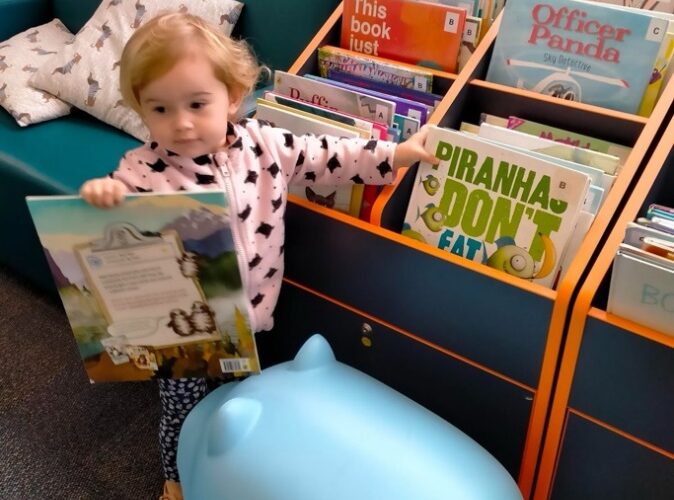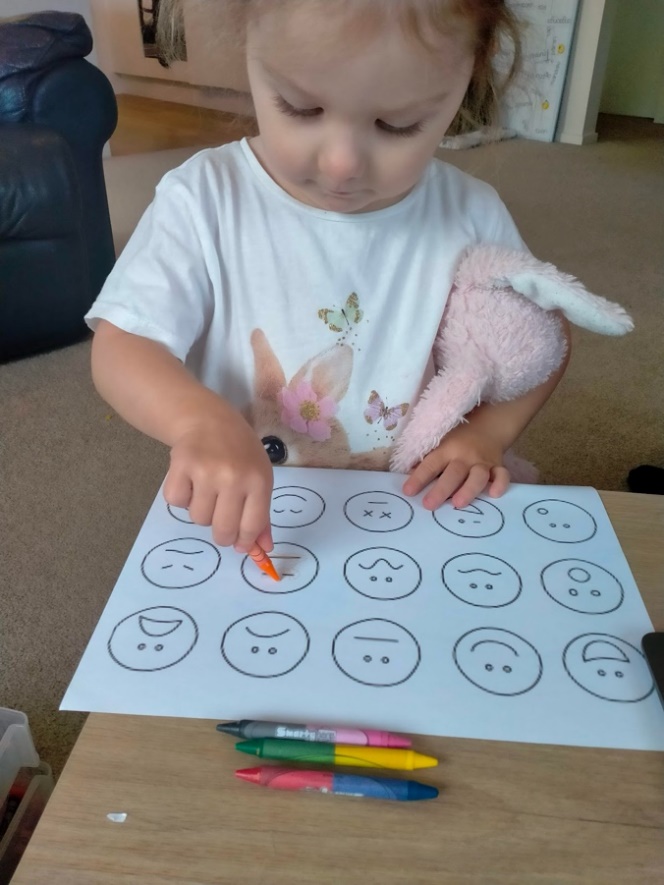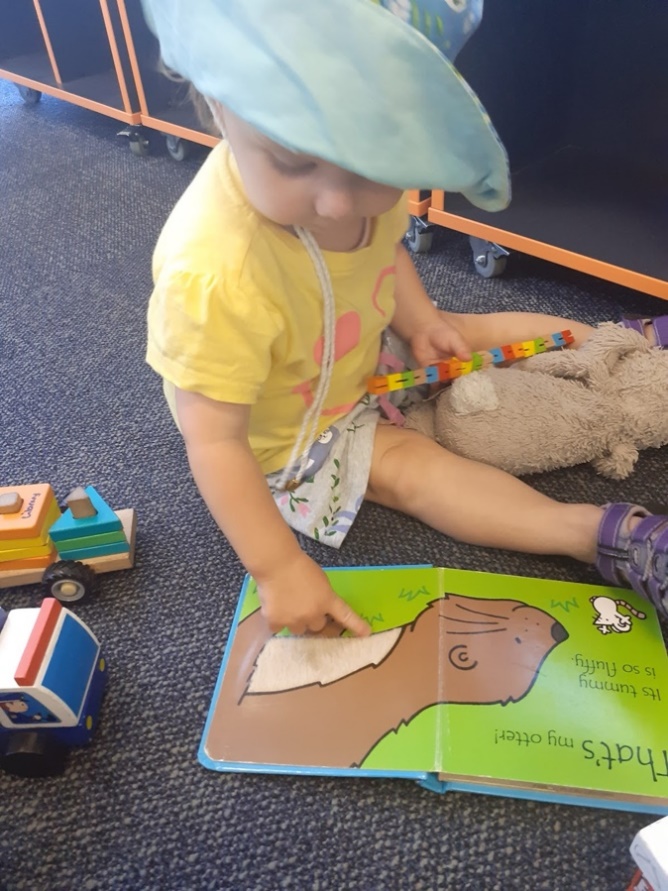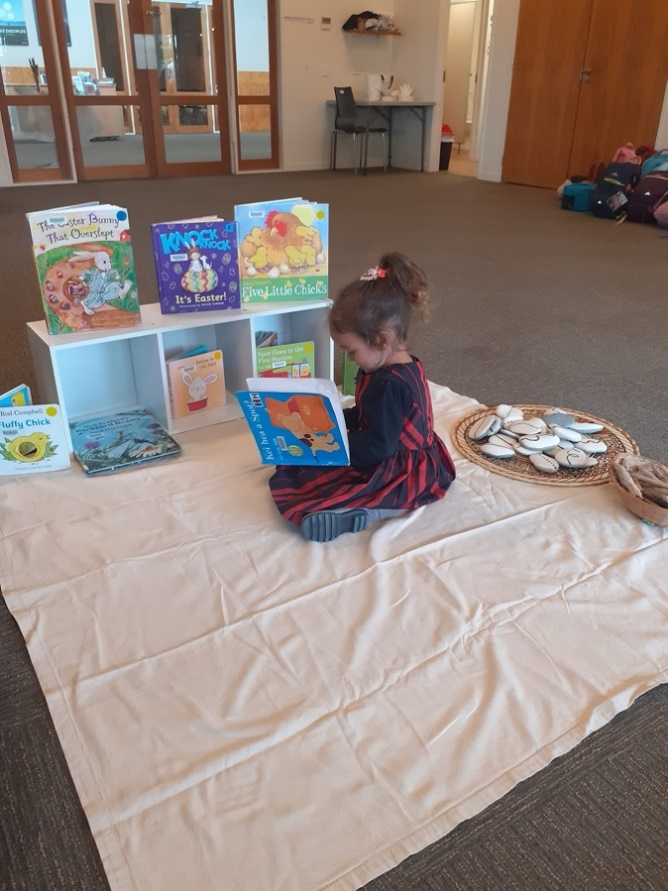Language Development in Young Children

It is a fun and exciting time when your child is learning to talk and it is important to remember that every child develops their language and communication skills at differing paces. Language Development in young children starts with them experimenting with moving their mouth and tongue before making sounds, noises, and babbles. Once they are doing this often, they start to transition into attempting to sound out single words that are usually a commonly heard word to them, for example “Mum” or “Dad” or “Bye”. Sometimes it might even be the word “No,” with a cute little shake of their head at the same time, of course! Children will often understand what you are saying to them LONG BEFORE they have the skills to sound out the same words or have conversations back with you. This is where using some simple sign can be great. Children can pick up sign language quickly and are then able to express their thoughts and needs with you, eliminating a lot of frustration.
Before children start to comprehend the singular words they are repeating, they usually “parrot” back in conversation with you more of the things they hear around them. This is why books and music are perfect for aiding a child’s language development. Children will often start to repeat more and more of the words they hear around them through the day to day talking that you engage in with them, or the books they are read, or even due to older talking children around them too.
Confidence in developing speech, language and communication skills comes from practice and children need access to resources that support and promote their learning in this areaSome of the ways you can encourage your child with their language development are:
- Repeat, repeat, REPEAT! For a young child to develop the ability to have a conversation and start to string multiple words together repetition is key.
- Talk, talk TALK! Let them know everything that is happening around them. Some people wonder if they might sound silly talking to a small child who doesn’t have the ability to use any language in return however doing this is all aiding your child’s development. You can say things like “We are going in the car now” as you pop them in their car seat, or “You look ready for some milk” etc.
- Have you ever noticed your toddler can follow an instruction before they can speak? You can assist them by being very specific in your vocabulary and instructions. For example, try saying “Take your cup to the bench please” rather than “Put your cup up there”.
- Get involved with some music and movement, especially songs that encourage actions to the words. This helps the child build a working muscle memory towards the language. You can get many songs to explore this with via our amazing Spotify playlist here.
- Age-appropriate site word cards or picture books are perfect for practising sounds, syllables and word formations. Books that can be used as a “Can you point to the pig for me,” for example, are also really interactive and engaging ways of teaching children new language.
“Repeat after me” type games and practicing sounds in their play for example, “Shhshhhh, your baby is sleeping” or “The cow says mooooo” are great ideas. - Get your child involved in everyday things, “Can you pass me the tea towel” or “The green peg” etc.
- Remember that communication is 93% facial/body expression and tone before it is what we say. Smile at your infant/toddler frequently, or blow them a wee kiss as they play etc.
Sometimes you might be wondering what is typical in terms of a child developing their language skills. For all children learning to talk, this isn’t a linear process and can have many variables. At present we are seeing slightly older children with less words learnt than perhaps they would have due to the era of social distancing and mask wearing and these children are developing at a different pace. Children can also have regressions when they are developing in other areas such as learning to walk or learning to use their fine motor skills. This is all quite normal.
There are some warning signs that could indicate that you may need to seek an external check-up for things like hearing loss, or tongue rigidity or sensory/learning disabilities if there is a marked delay in language development in young children, and the best place to start for advice if you are concerned is your GP, or Plunket Nurse. Your Nurture@Home Educator and/or Visiting Teacher will advise you if they have any concerns about your child’s language development in our learning space too!


